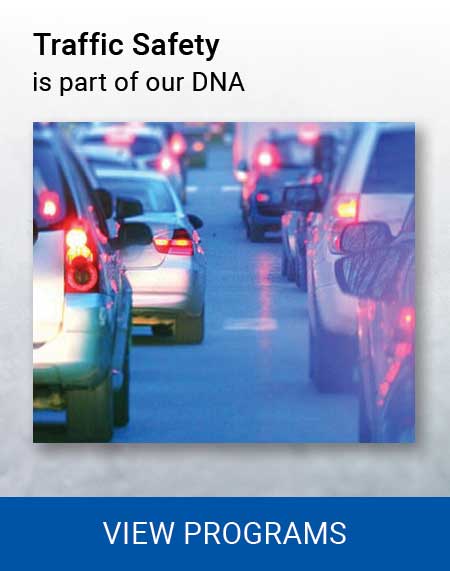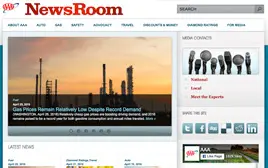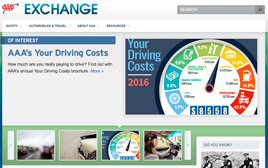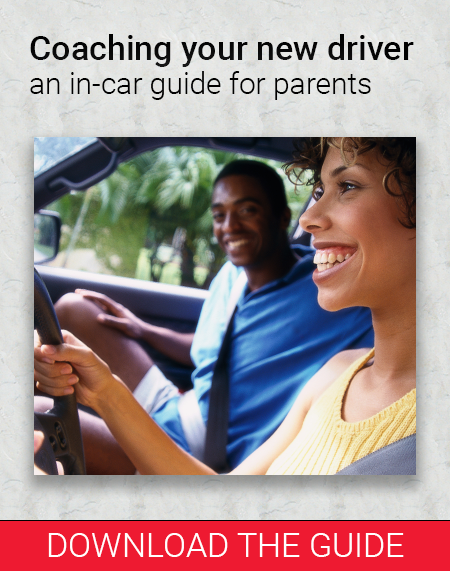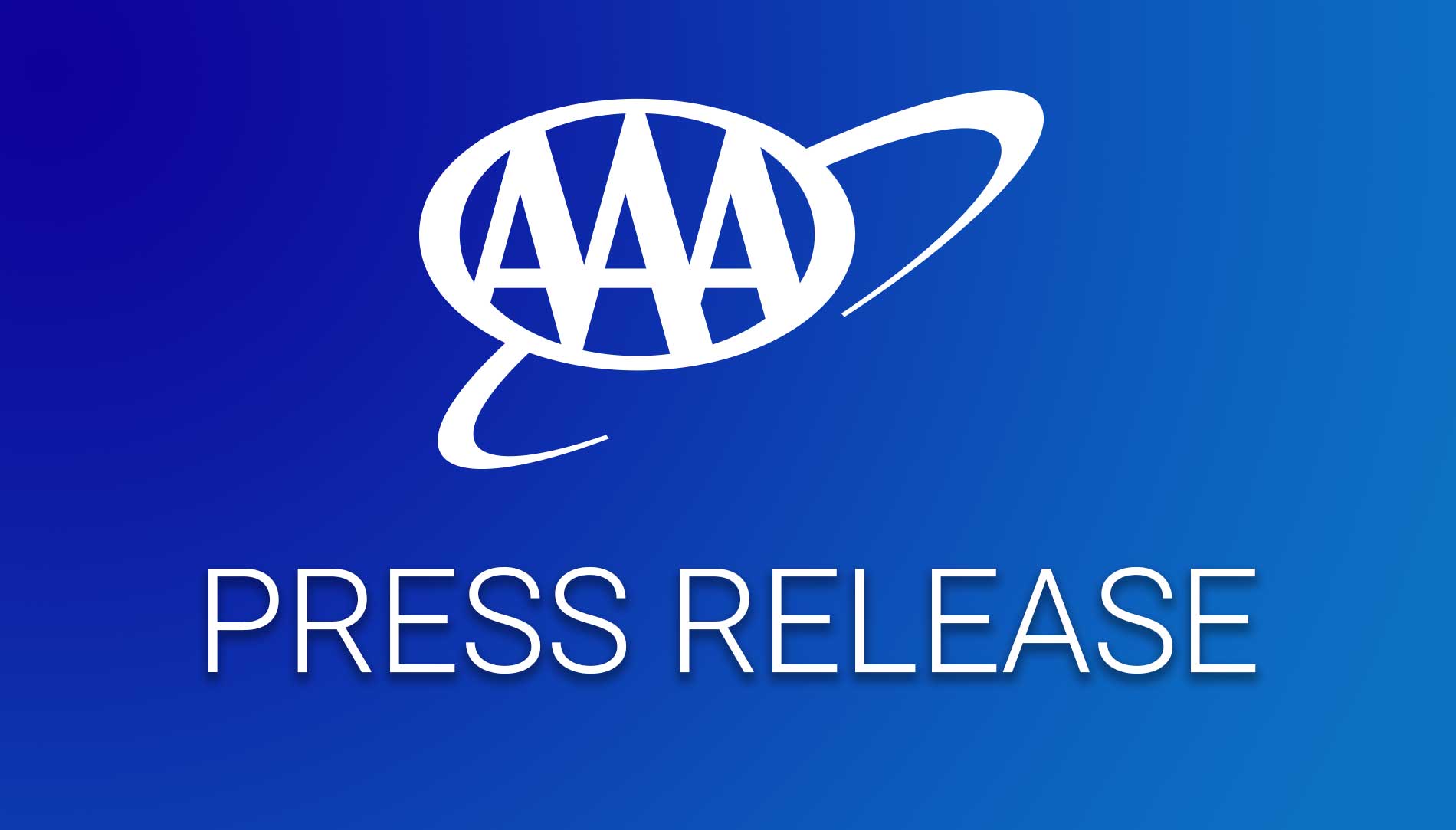AAA Highlights this Effect in New PSA for Distracted Driving Awareness Month
Video assets: NEW “Don’t drive Intexticated” PSA; b-roll of distracted driving crashes, examples of inattention blindness
BELLEVUE, Wash. — This April, as part of Distracted Driving Awareness Month, AAA Washington reminds drivers that the state’s ban on hand-held electronic devices includes when they’re stopped for a traffic light or gridlock. Washington legislators created this portion of the law to prevent something called the “hangover effect” a problem highlighted in AAA’s new “Don’t drive intexticated.” Public Service Announcement (PSA).
Researchers with the AAA Foundation for Traffic Safety first observed this effect during a 2015 study. When drivers/research subjects stopped smartphone use or finished using the voice-to-text vehicle infotainment system to send text messages, make phone calls or update social media, their minds remained distracted for up to 27 seconds.
The “hangover effect” happens whether the car is in motion or the driver is performing these tasks while parked or stopped at a red light. As demonstrated in the AAA Foundation’s research video examples, this effect creates a dangerous situation for other drivers, bicyclists and pedestrians.
“A lot can happen in the time it takes your mind to refocus on the task of driving,” said Kelly Just, a AAA Washington spokesperson. “This delay can lead to inattention blindness, where your eyes are looking at the road but your brain cannot see or register what’s in front of or beside you.”
Unlike most states, Washington’s distracted driving fatality rate has decreased. In 2018, the first full year under the stricter hand-held ban, the number of distracted driving traffic deaths plummeted by 25 percent. In 2019, the number of deaths stayed the same.
In 2020, new numbers from the Washington Traffic Safety Commission (WTSC)*, show a 24 percent decrease in distracted driving fatalities. Unfortunately, the agency cannot attribute this bit of good news to a positive change in driver behavior. Instead, the WTSC says a combination of things caused the drop, including a change to the crash form that law enforcement officers fill out and distraction being overlooked as a contributing factor in crashes already involving high speeds, which increased dramatically in 2020.
AAA Washington understands that ignoring devices when behind the wheel is sometimes difficult. The following tips can help you avoid driving “Intexticated”:
- Put it away. Place your mobile device out of sight to prevent temptation
- Know where you’re going. If using a navigation system, program the destination before driving.
- Pull over. If you must call or text while on the road, pull off the road safely and stop first.
- Ask passengers for help. If riding with someone, seek their help to navigate, make a call or send a message.
- Be a good passenger. Speak out if the driver of your vehicle is distracted.
- Don’t be a distraction. Avoid calling or texting others when you know they are driving.
- Activate Do Not Disturb. Setting up this feature on iPhone or Android device will prevent calls from coming in while you’re driving.
- Everyone should prevent being intexticated. Just as drivers need to pay attention, so do pedestrians and bicyclists. Never call, text or play games while walking or cycling near a roadway.
This is the fourth year of AAA’s distracted driving prevention initiative titled “Don’t Drive Intoxicated. Don’t Drive Intexticated.” The goal of the multi-media initiative is to remind drivers that the consequences of both alcohol-impaired driving and smartphone use behind the wheel could be the same – crashes that result in deaths and injuries. AAA’s new “Intexticated” PSA targets drivers who text while alone in their vehicles.
To learn more about AAA Washington’s campaign against distracted driving visit aaa.com/distracteddriving.

